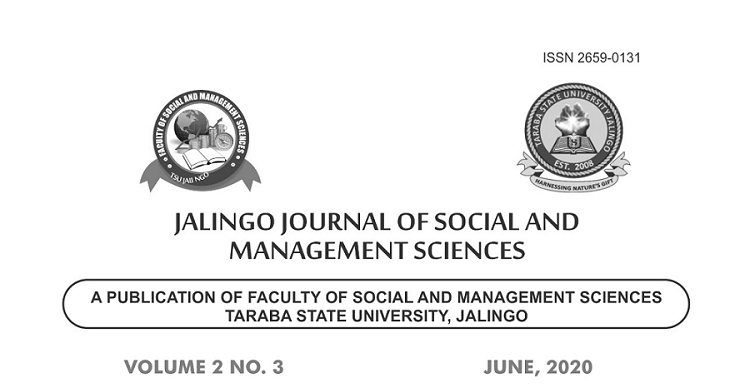Spatial Analysis of Industrial Activities and Their Pollution Effects on Sustainable Water Demand in Enugu Environs, South Eastern Nigeria
Keywords:
Enugu environs, environmental diversity, permissible levels, physico- chemical pollutants, sustainability, water pollutionAbstract
This study examined the spatial industrial pollution in relation to the sustainability in domestic water demand in Enugu environs, Enugu state in order to identify the Physiochemical variables that affect the sustainable demand for water use in the study area. The analyses of water samples on the pollution parameters were done with Project Development Authority (PRODA) under the support of the Enugu State Ministry of Environment and Mineral Resources. The results of the analyses were described using descriptive statistics. The results show that the concentration levels of pH, iron, solids, coliform, BOD, etc. increase the rate of water pollution, which affects the biodiversity and sustainability of the environment. However, the values of other parameters such as COD, nitrite, and sulphate are within the permissible levels. They contribute minimally in water pollution and as such do not affect the use of water for domestic purposes within the environment. This gives support to environmental diversity for sustainable development. Therefore, institutional financial support and monitoring via regulatory policies and management strategies should be put in place in order to sustain and protect the environmental diversity for sustainable development.

Downloads
Published
Issue
Section
License
Copyright (c) 2023 JALINGO JOURNAL OF SOCIAL AND MANAGEMENT SCIENCES

This work is licensed under a Creative Commons Attribution-NonCommercial 4.0 International License.
